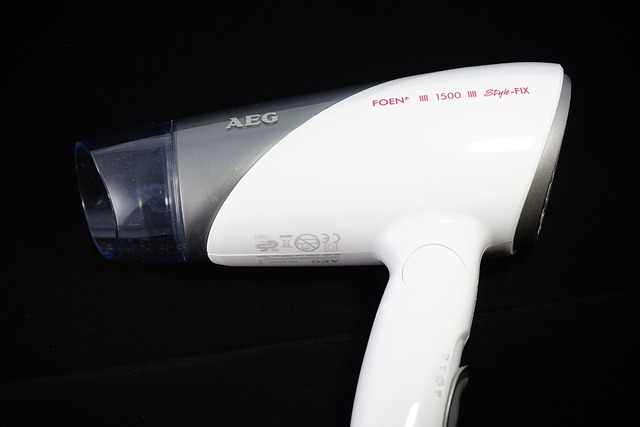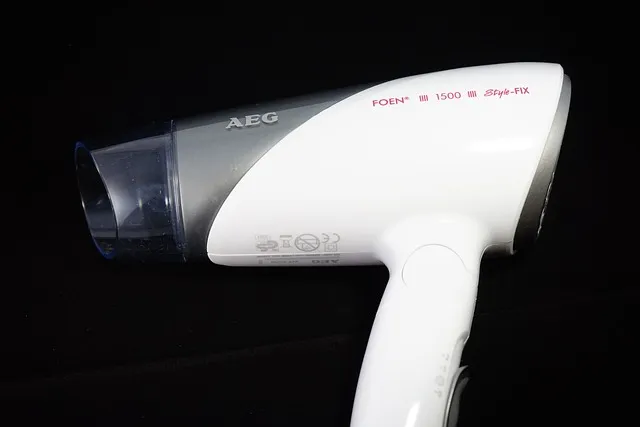What’s the Impact of Dryer Sheet Usage on Energy Consumption?
Dryer sheets are designed to reduce static and soften fabrics, making your clothes feel fresh and fluffy. But here’s the kicker: while they might make your laundry routine more pleasant, they could be impacting your energy consumption. How? Well, let’s unpack this.
When you use dryer sheets, they coat your clothes with a thin layer of chemicals. This layer can sometimes make your fabrics more resistant to moisture. In other words, it can potentially make your clothes less absorbent, which might cause your dryer to work a bit harder to fully dry them. Imagine trying to dry a towel that’s been coated in wax—it’s going to take more time and energy, right? That’s somewhat what happens with dryer sheets and your clothes.
Moreover, if you use dryer sheets frequently, they can also build up a residue in your dryer. This residue can create a layer of gunk that clogs up the dryer’s filter and vent, forcing the machine to work harder to circulate hot air. More work means more energy consumption. It’s like trying to run a race with a backpack full of bricks—it’s going to slow you down and exhaust you more quickly.
Switching to alternatives like dryer balls or simply air-drying your clothes can be a game-changer. Dryer balls help to separate the clothes in the dryer, allowing air to circulate more freely and potentially reducing drying time. It’s a simple change, but it can make a big difference in your energy usage and keep your bills from soaring.
So, next time you’re about to toss in a dryer sheet, think about how that small decision could be influencing your energy footprint. Making a few tweaks could mean saving energy and keeping your clothes—and your wallet—happy.
Are Dryer Sheets Costing You More? The Surprising Impact on Your Energy Bill

It’s not just about the added cost of buying dryer sheets every month. The real kicker lies in how they impact your dryer’s efficiency. Dryer sheets contain a thin layer of chemicals designed to reduce static and soften fabrics. However, these chemicals can create a residue that builds up on your dryer’s lint filter and internal components. This residue might not be visible, but it’s doing a sneaky job of reducing airflow and making your dryer work harder. And when your dryer has to work harder, it consumes more electricity.
Think of it like this: imagine your dryer is like a car engine. If the engine is clogged or working inefficiently, it burns more fuel. Similarly, when your dryer’s airflow is restricted, it needs to run longer to get your clothes dry, which translates to higher energy consumption and, ultimately, a fatter energy bill.
Also, don’t forget the impact on your clothes. Over time, the chemical build-up from dryer sheets can wear out your fabrics faster, meaning you’ll need to replace your wardrobe more often. That’s more money out of your pocket, not just for energy but for buying new clothes.
So, next time you’re tempted to reach for those dryer sheets, consider whether the convenience is worth the potential extra cost. Maybe it’s time to explore alternative methods for freshening up your laundry that won’t hit your wallet so hard.
The Hidden Energy Drain: How Dryer Sheets Could Be Affecting Your Utility Costs
You see, dryer sheets are designed to reduce static and soften your clothes, but they also contain a cocktail of chemicals that could impact your appliance’s efficiency. When you toss a dryer sheet in, it leaves behind a film on the dryer’s interior. Over time, this residue can build up and make your dryer work harder to achieve the same level of heat and efficiency. It’s like trying to run a race with a weighted vest on—exertion increases, but progress slows down.
Think about it: your dryer is one of the biggest energy consumers in your home. It uses a lot of electricity to heat up and dry your clothes, so anything that makes it work harder means higher energy bills. The film from dryer sheets can lead to a less efficient drying cycle, meaning your dryer might need more time—and therefore more energy—to get the job done.
Moreover, this buildup can cause long-term damage to your dryer’s components. Over time, the residue can clog filters and vents, leading to potential malfunctions or even hazardous situations. It’s like having a clogged artery in your body—things aren’t flowing smoothly, and problems are brewing.
So, what’s the alternative? Consider using dryer balls or natural fabric softeners that don’t leave behind residues. These options can keep your clothes soft without the extra energy drain.
Energy Efficiency in the Laundry Room: Do Dryer Sheets Make a Difference?
Dryer sheets are like the sprinkles on a cupcake—nice to have but not always essential. Their primary job is to reduce static cling and soften fabrics, making your laundry feel cozy and look smooth. But when it comes to energy efficiency, the impact isn’t as clear-cut.
Here’s the scoop: Dryer sheets don’t directly lower the energy consumption of your dryer. They work by coating your clothes with a thin layer of chemicals that reduce static and make fabrics feel softer. While this might make your clothes seem less stiff and easier to handle, it doesn’t mean your dryer is working any less hard. Your dryer still uses the same amount of energy to generate heat and tumble your clothes.
However, there’s a small silver lining. By softening your clothes, dryer sheets might help to reduce the amount of friction between fabrics. This could potentially lead to a slight reduction in drying time because your clothes may dry a bit faster. But let’s be honest: the difference is often so minimal that it’s barely noticeable on your energy bill.
If you’re looking for tangible ways to boost energy efficiency in your laundry room, consider these alternatives: use dryer balls, which can help separate clothes and improve airflow, or clean the lint filter regularly to ensure your dryer operates at peak performance. And don’t forget the importance of washing clothes in cold water and using a high-efficiency washing machine to lower your overall energy use.

So, while dryer sheets might make your clothes smell great and feel soft, their contribution to energy efficiency is pretty modest. The real savings come from making smarter choices with your appliances and laundry habits.
Dryer Sheets and Energy Consumption: Separating Fact from Fiction
First off, it’s time to debunk a popular myth: dryer sheets don’t magically reduce your energy bills. They’re great at softening fabrics and reducing static, but they don’t directly affect how much energy your dryer uses. Think of dryer sheets like those fancy coffee mugs—they might make your coffee taste better or look cooler, but they don’t change the amount of coffee you drink.
So, why do people sometimes think dryer sheets are energy savers? The misconception might come from the fact that some brands claim their sheets can improve dryer efficiency. While it’s true that softer fabrics can sometimes dry a bit faster, the difference is usually minimal. Imagine trying to win a race with a small advantage—every little bit helps, but it won’t turn you into a champion overnight.
If you’re really keen on cutting down on energy costs, focus on other strategies. For instance, cleaning the lint filter regularly, using a dryer ball to reduce drying time, or even opting for lower heat settings can make a noticeable difference. It’s like fine-tuning your car for better fuel efficiency—small tweaks can add up to big savings.
In essence, while dryer sheets have their perks, reducing energy consumption is more about the broader picture. So, enjoy your soft, fresh-smelling clothes, but don’t expect them to make a huge dent in your energy bill.

